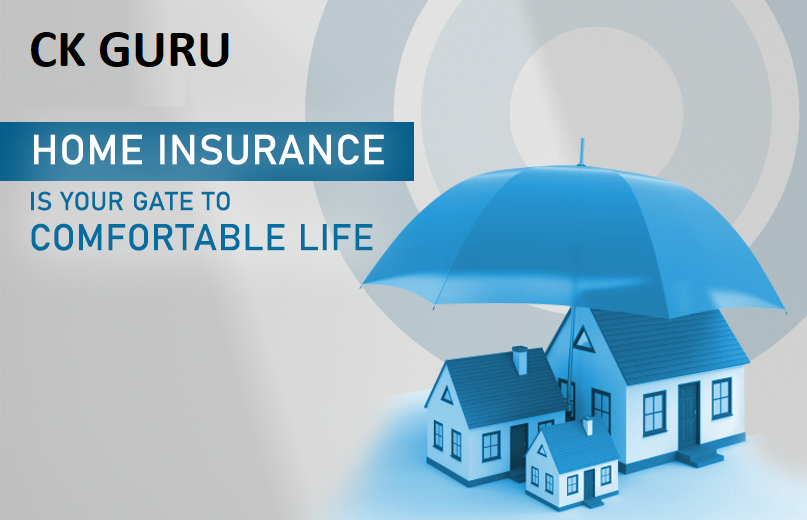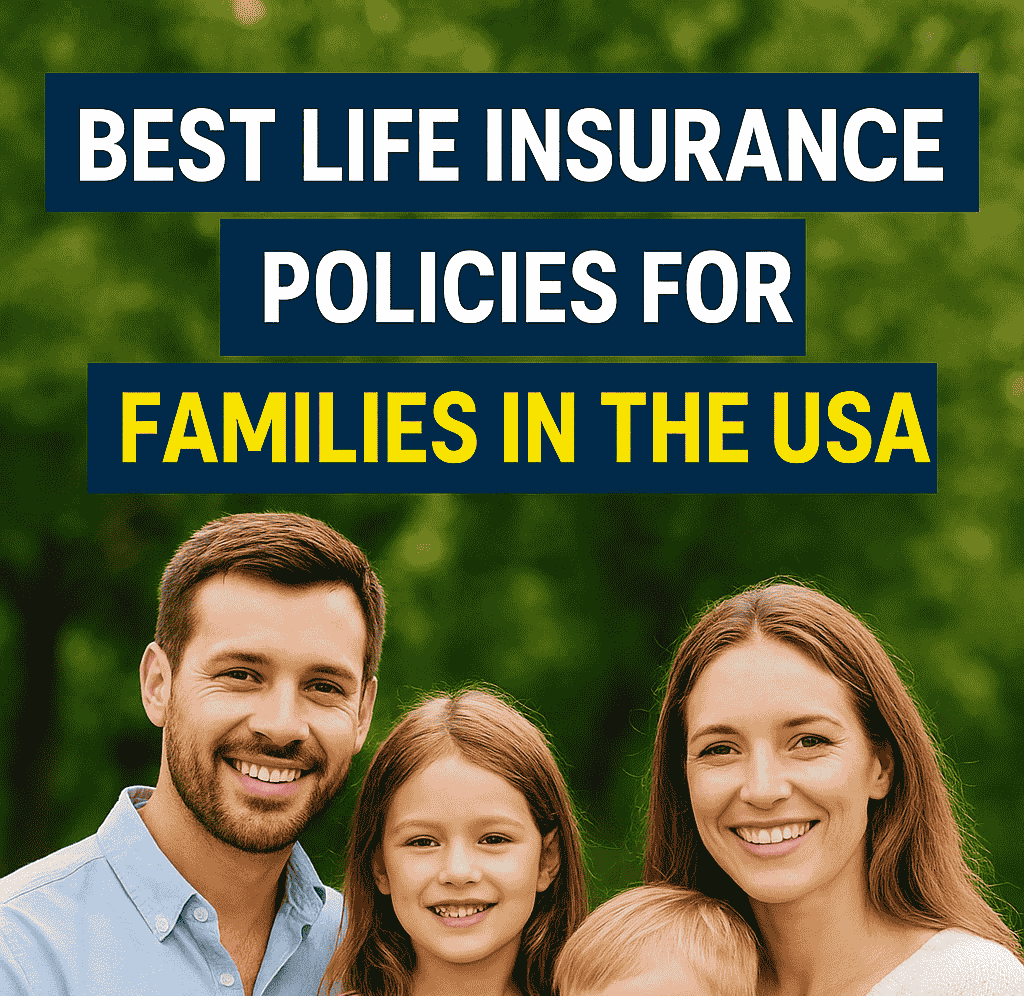Homeowners Insurance in the USA: Complete 2025 Guide to Costs, Coverage, Companies, and Smart Savings
The Complete Guide to Homeowners Insurance in the USA (2025 Edition)
Introduction: Why Homeowners Insurance Matters More Than Ever
If you own a home in the United States, you already know it’s likely the biggest investment of your life. But here’s the reality: owning a house also comes with risks—fires, theft, natural disasters, liability claims, and unexpected accidents. That’s exactly where homeowners insurance steps in.
In 2025, with rising home values, inflation, and increased weather-related claims, homeowners insurance isn’t just a legal requirement for many mortgage lenders—it’s your financial safety net. Without it, one major event like a house fire, hurricane, or lawsuit could wipe out years of savings.
This guide is your one-stop resource for understanding everything about homeowners insurance in the USA. We’ll break down what it is, how it works, what it covers (and doesn’t cover), and even review the best homeowners insurance companies in 2025. By the end, you’ll know exactly how to pick the right policy and save money without cutting corners.

What is Homeowners Insurance in the USA?
At its core, homeowners insurance is a financial contract between you and an insurance company. You pay monthly or yearly premiums, and in return, the insurer helps cover repair, replacement, or liability costs when the unexpected happens.
Think of it as financial protection for your home, belongings, and peace of mind.
Most standard homeowners insurance policies in the USA include four main components:
- Dwelling Coverage – Protects the structure of your home (walls, roof, floors, built-in appliances) against perils like fire, windstorms, or vandalism.
- Personal Property Coverage – Protects your belongings inside the house (furniture, electronics, clothing, etc.) from covered risks.
- Liability Protection – Covers legal fees and damages if someone gets hurt on your property and sues you.
- Additional Living Expenses (ALE) – Pays for hotel stays, meals, or rentals if your home becomes unlivable due to a covered claim.
👉 In simple terms: if you own a home, you need homeowners insurance to avoid paying thousands (or even hundreds of thousands) out of pocket in case disaster strikes.
Types of Homeowners Insurance Policies (HO-1 to HO-8)
Not all homeowners insurance policies are the same. In the US, there are eight types of standard homeowners policies (HO-1 through HO-8). Here’s a breakdown:
HO-1: Basic Form
- The most limited and cheapest policy.
- Covers only 10 named perils (like fire, lightning, theft).
- Rarely offered today.
HO-2: Broad Form
- Covers more perils than HO-1.
- Still limited compared to modern needs.
HO-3: Special Form (Most Popular)
- The most common policy in the US.
- Protects against “all risks” to the dwelling, except exclusions listed in the policy.
- Covers personal property against named perils.
HO-4: Renters Insurance
- Designed for tenants.
- Covers personal belongings and liability but not the building itself.
HO-5: Comprehensive Form
- Premium coverage.
- Protects dwelling and belongings from all risks (unless specifically excluded).
- Higher limits and fewer restrictions—great for high-value homes.
HO-6: Condo Insurance
- Tailored for condo owners.
- Covers interior walls, floors, personal property, and liability.
HO-7: Mobile Home Insurance
- For mobile or manufactured homes.
- Similar to HO-3 but adapted to mobile living.
HO-8: Older Home Insurance
- Designed for older/historic homes.
- Focuses on replacement costs that account for outdated materials.
Pro tip: Most homeowners in the USA go for HO-3 or HO-5, depending on budget and the level of protection they want.
What Does Homeowners Insurance Cover?
Understanding what’s covered helps you avoid costly surprises. Most US homeowners policies cover:
1. Dwelling Coverage
- Repairs or rebuilds your home if it’s damaged by fire, hail, wind, vandalism, or other covered events.
- Includes walls, roof, plumbing, built-in appliances, and attached structures (garage, deck).
2. Other Structures
- Covers detached garages, fences, sheds, or gazebos.
- Usually 10% of your dwelling coverage.
3. Personal Property
- Protects belongings inside your home like electronics, furniture, jewelry, and clothes.
- Usually 50–70% of dwelling coverage.
4. Liability Protection
- Pays for medical bills, legal fees, and settlements if someone gets injured on your property.
- Example: A guest slips on your icy driveway and sues you.
5. Medical Payments to Others
- Covers small medical bills for injuries on your property—regardless of fault.
- Usually $1,000–$5,000 per person.
6. Additional Living Expenses (ALE)
-
Pays for temporary housing, meals, or rental costs if your home becomes unlivable after a covered event.
👉 Example: If a kitchen fire forces you to move out for two weeks, ALE covers hotel costs and meals.
What Does Homeowners Insurance NOT Cover?This is where many homeowners get tripped up. Standard homeowners insurance does not cover everything. Common exclusions include:
- Floods – Requires separate flood insurance (FEMA’s NFIP or private insurers).
- Earthquakes – Must buy add-on earthquake insurance.
- Normal wear and tear – Insurance isn’t a maintenance plan.
- Pest damage – Termites, rodents, and infestations aren’t covered.
- High-value items – Expensive jewelry, art, or collectibles may require extra riders.
- War or nuclear events – Excluded in almost all policies.
👉 Pro tip: Always read the “exclusions” section carefully. Many homeowners assume they’re covered, only to be shocked later.
Riders, Endorsements, and Add-Ons
Want more protection? That’s where riders (also called endorsements or add-ons) come in. Popular ones in the USA include:
- Flood Insurance – Crucial if you live in flood-prone areas like Florida, Louisiana, or Texas.
- Earthquake Coverage – Needed in California, Washington, or Oregon.
- Sewer Backup Coverage – Helps with costly water damage from drain/sewer issues.
- Jewelry/Valuable Items Rider – Extends coverage for engagement rings, art, or collectibles.
- Home Business Coverage – Protects home office equipment.
- Green Home Coverage – Helps rebuild with eco-friendly materials after damage.
👉 Tip: Riders are usually inexpensive compared to the potential loss. Always ask your insurer about them.
1. Who is the top 5 insurance company?
Based on total assets, the top 5 largest insurance companies in the world are Allianz, Ping An Insurance Group, Berkshire Hathaway, China Life Insurance, and AXA.
2. Is life insurance halal in Islam?
Traditional life insurance is a subject of debate in Islam due to concerns about uncertainty, gambling, and interest. However, a Shariah-compliant alternative called Takaful, where participants contribute to a pooled fund, is widely considered permissible.
3. Which is the cheapest home insurance?
The cheapest home insurance varies by individual, location, and coverage needs. However, companies often noted for low rates include Amica, State Farm, and USAA (for military members).
4. What is the top 5 best health insurance?
Based on a 2025 survey, the top-rated health insurance companies for customer satisfaction are Kaiser Permanente, UnitedHealthcare, Aetna, Highmark, and Elevance Health.
5. What is the big 3 insurance?
“Big 3 insurance” can refer to different things. In the context of critical illness in some regions, it refers to specific plans that cover the three most common severe illnesses: cancer, heart attack, and stroke.
6. Which private health insurance is best?
The “best” private health insurance depends on your individual needs. When choosing a plan, consider factors like the network of doctors and hospitals, the total costs (premiums, deductibles, and out-of-pocket maximums), and the specific benefits offered.
7. Which house insurance is best?
For homeowners, USAA is often rated as the best for its high customer satisfaction, though it is only available to military members and their families. Other highly-rated companies include Amica and Allstate.
8. Which company has the highest price for home insurance?
Information on the single company with the highest price for home insurance is not available, as rates depend on many individual factors.
9. Which insurance is best for home owners?
The best insurance for homeowners depends on their specific needs. It’s recommended to compare quotes and look for companies with a reputation for good claims handling and customer service, like USAA, Amica, and Erie.
10. What is the most common type of home insurance?
The most common type of homeowners insurance is the HO-3 “special form” policy. This policy provides broad coverage for the home’s structure against all perils except those specifically excluded (such as floods or earthquakes).
11. Which company is best for property insurance?
State Farm is the largest property insurance company in the U.S. and is often cited as a top choice.
12. Who is the most trusted insurance company?
In a recent survey for life insurance, State Farm was ranked as the most trusted company, earning the highest customer satisfaction score.
13. Which company has the lowest price for insurance?
The company with the lowest price for insurance varies greatly depending on the type of insurance, location, and the individual’s profile. Comparing quotes from multiple providers is the best way to find the lowest price.
14. Which is the No. 1 insurance company?
Based on total assets, Allianz is the number one insurance company in the world.
15. Who has the cheapest health insurance?
The cheapest health insurance plan for you depends on your age, location, income, and health needs. You can find and compare plans on government marketplaces like HealthCare.gov.
16. What is the best amount for health insurance?
The best amount of health insurance coverage depends on your financial situation and health needs. A higher premium typically means lower out-of-pocket costs, while a lower premium means you will pay more for care.
17. Which private insurance is best?
The “best” private insurance company depends on the type of coverage. For health insurance, top companies include UnitedHealthcare and Aetna.
18. Who is the richest insurance company?
Allianz, a German company, is the richest insurance company in the world based on its total assets.
19. What is the best private medical insurance?
The best private medical insurance is a personal choice. Top companies known for customer satisfaction include Kaiser Permanente and UnitedHealthcare.
20. How to pick the best health insurance plan?
To pick the best health insurance plan, you should:
-
Decide where to shop (e.g., employer plan or government marketplace).
-
Compare different plan types (e.g., HMO, PPO).
-
Check if your preferred doctors are in the network.
-
Estimate your total costs, including premiums, deductibles, and co-pays.
21. Which is the most expensive health insurance?
The most expensive health insurance plan depends on the level of coverage and the plan type. Plans with higher premiums typically have lower out-of-pocket costs, while low-premium plans have higher deductibles and co-pays.
22. Which are the top 10 health insurance companies?
The top 10 health insurance companies, based on a 2025 survey, are Kaiser Permanente, UnitedHealthcare, Aetna, Highmark, Elevance Health, Humana, Cigna, Molina Healthcare, Blue Cross Blue Shield, and Centene.
23. Which health insurance is best for international travel?
HTH Travel Insurance and Travelex are often cited as among the best for international travel.
24. How much is most health insurance per month?
The cost of health insurance varies widely. According to a 2023 report, the average premium for a single person in the U.S. was $560 per month, while a family plan was $1,520.
25. Which government insurance company is best?
The concept of a “best” government insurance company is not applicable, as government programs like Medicare and Medicaid are not commercial companies.
26. Who is the biggest home insurance company?
State Farm is the biggest home insurance company in the U.S. based on market share.
27. Which insurance is more profitable?
Selling life insurance is often considered the most profitable sector for agents and agencies, as policies typically have a high chance of payout and generate long-term, consistent revenue.
28. Which company offers the best health insurance?
In a 2025 survey, Kaiser Permanente and UnitedHealthcare tied for the best customer satisfaction ratings.
29. What insurance do I need for travelling abroad?
For traveling abroad, you will need travel insurance. This can cover trip cancellation, delays, lost baggage, and emergency medical care.
30. Does worldwide travel insurance cover all countries?
No, worldwide travel insurance policies typically exclude countries with active conflicts, high-risk warnings, or areas under government travel advisories.
31. What is the best travel insurance?
Travelex is often rated as one of the best overall travel insurance companies for its strong coverage and reasonable prices.
32. What does travel insurance not cover internationally?
Most travel insurance policies do not cover foreseeable events, known storms, acts of war, or dangerous activities. They also may not cover pre-existing conditions unless a specific waiver is purchased.
33. Are there international insurance?
Yes, there are international insurance companies, such as Allianz and AXA, which operate in multiple countries.
34. What is the safest investment with the highest return?
There is no single investment that is both the safest and has the highest return. Investments with high returns usually carry high risk. Some options that balance safety and returns include high-yield savings accounts, Certificates of Deposit (CDs), and Treasury securities.
35. What is the cheapest way to get health insurance?
For many people, the cheapest way to get health insurance is through an employer’s plan or by qualifying for a government program like Medicaid. If you need to buy a plan on your own, a bronze-tier plan from the Affordable Care Act (ACA) marketplace may have the lowest premiums.



